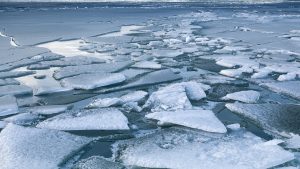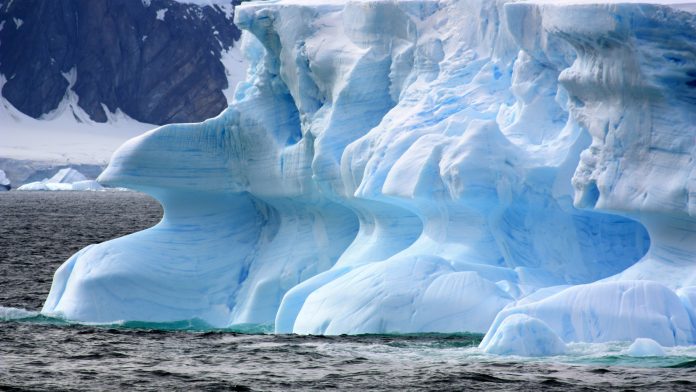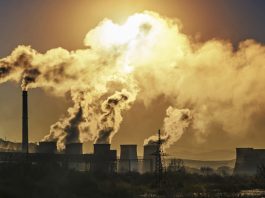Researchers from Northumbria University examined the current state of the Antarctic ice sheet and found that the damage to it is not yet irreversible.
However, researchers found even with no additional global warming, an irreversible collapse of some regions of the West Antarctic ice sheet is possible.
The study used three different computer models to run a series of simulations to look for signs of irreversible retreat of the ice sheet in its present form.
The results of the study, ‘The stability of present-day Antarctic grounding lines – Part 1: No indication of marine ice sheet instability in the current geometry,’ are published in The Cryosphere.
Ice sheet loss will continue, but we can avoid crossing the ‘tipping point’
While ice loss in Antarctica will continue in the future, these results give hope that it might still be possible to avoid or delay crossing the tipping point if urgent action is taken.
Dr Emily Hill, Research Fellow at Northumbria University and co-author of the study, explained: “The implications are profound. We used three different numerical models, which all showed that we have not yet crossed a tipping point that leads to irreversible damage to the West Antarctic ice sheet.”
She added: “Using several models makes our findings even more convincing, and it is reassuring to know that we haven’t yet passed the point of no return.”
How soon could the West Antarctic ice sheet collapse without action?
The researchers also ran hypothetical simulations to investigate how the ice sheet might evolve if current climate conditions stay as they are.
They found that even with no additional global warming, an irreversible collapse of some marine regions of the West Antarctic ice sheet is possible in the future.
One of their models shows the earliest that this could happen is within 300-500 years under current conditions, warning that accelerating climate change is likely to shorten this timescale further.

“Accelerated ice loss at the margins of the ice sheet could signal a collapse of larger marine regions,” explained Dr Ronja Reese, Vice-Chancellor’s Fellow at Northumbria University and another co-author.
“Our experiments show that an irreversible collapse in some marine regions in West Antarctica is possible for the current climate conditions.
“Importantly, this collapse is not happening yet, as our first study shows, and it evolves over thousands of years. But we would expect that further climate warming in the future will speed this up substantially.”
Future uses of the research
Using the results from the West Antarctic ice sheet, the researchers are working to explore the future of ice sheets and glaciers worldwide in a warming world.
This involves understanding the causes of ongoing changes in Antarctica, Greenland, and alpine areas, as well as assessing future changes and resulting impacts on human environments globally.
Petra Langebroek, Research Director at the Norwegian Research Centre (NORCE), and Scientific Coordinator of the European TiPACCs Project, concluded: “I am very proud to see this work published. This tight collaboration across different European institutes has resulted in major progress in our understanding of Antarctic ice sheet stability and tipping points.”









